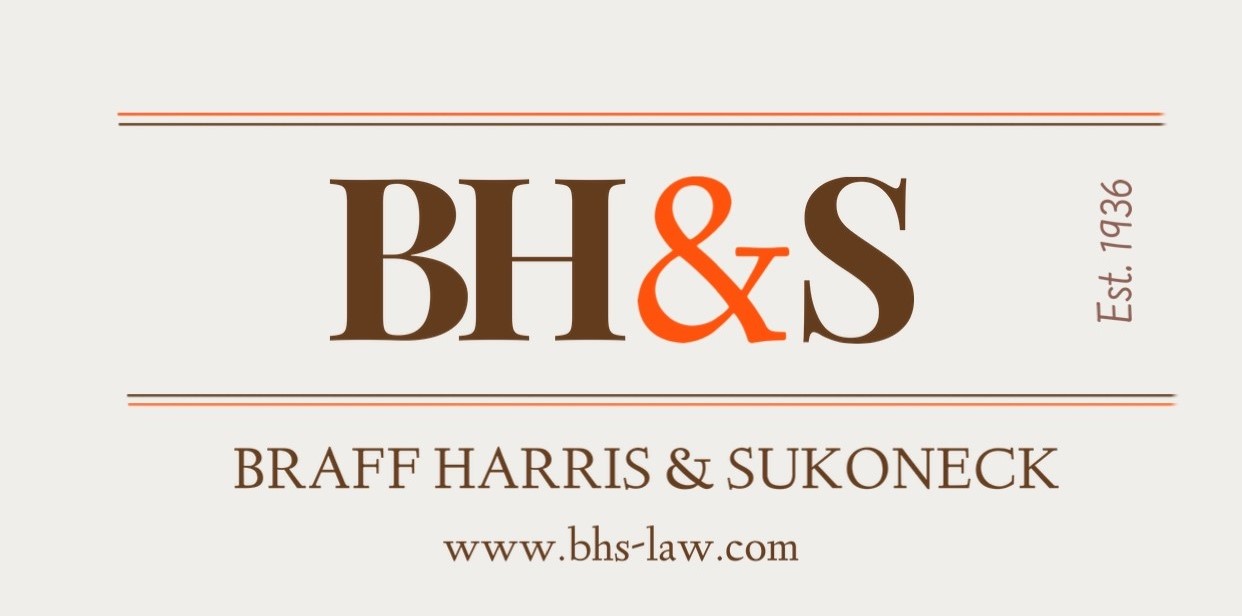|

NJ Law Review Update
ISSUE: Was an Insurer Acting in Bad Faith When it Rejected Arbitration Award?
The New Jersey Supreme Court in the matter of Badiali v. New Jersey Mfrs. Ins. Group, addressed the issue of whether an insurer was acting in bad faith when it rejected an arbitration award.
The plaintiff was injured when his motor vehicle was rear ended by an uninsured motorist. The plaintiff had uninsured motorist ("UM") coverage under both his personal policy issued by the defendant New Jersey Manufacturers Insurance Group and his employer's carrier Harleysville Insurance Company. The UM claim proceeded to arbitration and resulted in a $29,148.62 award. The two insurance companies were contractually and statutorily obligated to share the award equally. Harleysville paid its share but the defendant rejected the award. Thereafter, the plaintiff filed suit to enforce the award. The award was confirmed by the trial court and then affirmed by the Appellate Division and eventually NJM paid the award. Thereafter, the plaintiff filed a bad faith action against NJM. Summary Judgment was granted in favor of NJM by the trial court and affirmed by the Appellate Division.
The basis for the Appellate Division's decision was that NJM's position was "fairly debatable" under Pickett v. Lloyd's because it was based on the unpublished decision of Geiger v. N.J. Mfrs. Ins. Co.
 On review by the Supreme Court, it was noted that Geiger had no legal precedential value because it was unpublished. However, the Supreme Court found that the mere existence of an unpublished opinion allowed a party in a business context to avoid a finding of bad faith for actions taken in accordance with that decision's holding. The Court noted that NJM had pursued a similar course of action in Geiger under nearly identical facts and therefore, it was reasonable for NJM to reject the award. Thus, the unpublished decision of Geiger precluded a finding of bad faith against NJM. In addition, the Supreme Court noted that the policy language referred to an arbitration award exceeding $15,000.00 needed to provide a rational and valid reason to seek a trial on the disputed claim. The Court noted that any reference in an insurance policy to the statutory $15,000.00 limit as a basis for rejecting an award, should only be applied to the amount the insurer is required to pay, not the total amount of the award. On review by the Supreme Court, it was noted that Geiger had no legal precedential value because it was unpublished. However, the Supreme Court found that the mere existence of an unpublished opinion allowed a party in a business context to avoid a finding of bad faith for actions taken in accordance with that decision's holding. The Court noted that NJM had pursued a similar course of action in Geiger under nearly identical facts and therefore, it was reasonable for NJM to reject the award. Thus, the unpublished decision of Geiger precluded a finding of bad faith against NJM. In addition, the Supreme Court noted that the policy language referred to an arbitration award exceeding $15,000.00 needed to provide a rational and valid reason to seek a trial on the disputed claim. The Court noted that any reference in an insurance policy to the statutory $15,000.00 limit as a basis for rejecting an award, should only be applied to the amount the insurer is required to pay, not the total amount of the award.
Therefore, the Supreme Court found that the insurer was not acting in bad faith when it rejected the arbitration award.
ISSUE: Does Res Judicata Bar Bad Faith Claims Against Auto Insurers After the Underlying Matter Has Been Resolved?
The Supreme Court in the matter of Wadeer v. New Jersey Mfrs. Ins. Co., addressed the issue of whether an insured's bad faith claim is barred by the Doctrine of Res Judicata.
The plaintiff Kwabena Wadeer was insured by New Jersey Manufacturers Insurance Company ("NJM") and injured in a motor vehicle accident. He notified NJM of the uninsured motorist ("UM") claim and demanded the full policy limits. NJM did not make any offers to settle the claim. Subsequently, NJM rejected two arbitration awards. This prompted the plaintiff's attorney to notify NJM that it believed NJM was acting in bad faith. A complaint was filed seeking UM benefits and an offer of judgment of $95,000.00. This too was rejected by NJM. The matter was tried and a verdict was awarded in the amount of $255,175.00. This was molded by the Court to the policy's $100,000.00 limit.
The Appellate Division affirmed the trial judge's molding of the verdict, and also reversed the award of fees and expenses under the offer of judgment rule, finding that NJM did not act in bad faith.
Thereafter, the plaintiff filed a complaint against NJM asserting breach of duty of good faith and fair dealing by failing to make a settlement offer and to settle in a timely manner. NJM filed a motion for summary judgment which was granted by the trial court finding that Res Judicata and the entire controversy doctrine barred the claims. This was affirmed by the Appellate Division.
The Supreme Court found that the second action involved the same wrongs, theories of recovery, evidence, and material facts as the first and, therefore, held that Res Judicata, not the entire controversy doctrine, barred the plaintiff's bad faith cause of action.
Past News Letters
|
